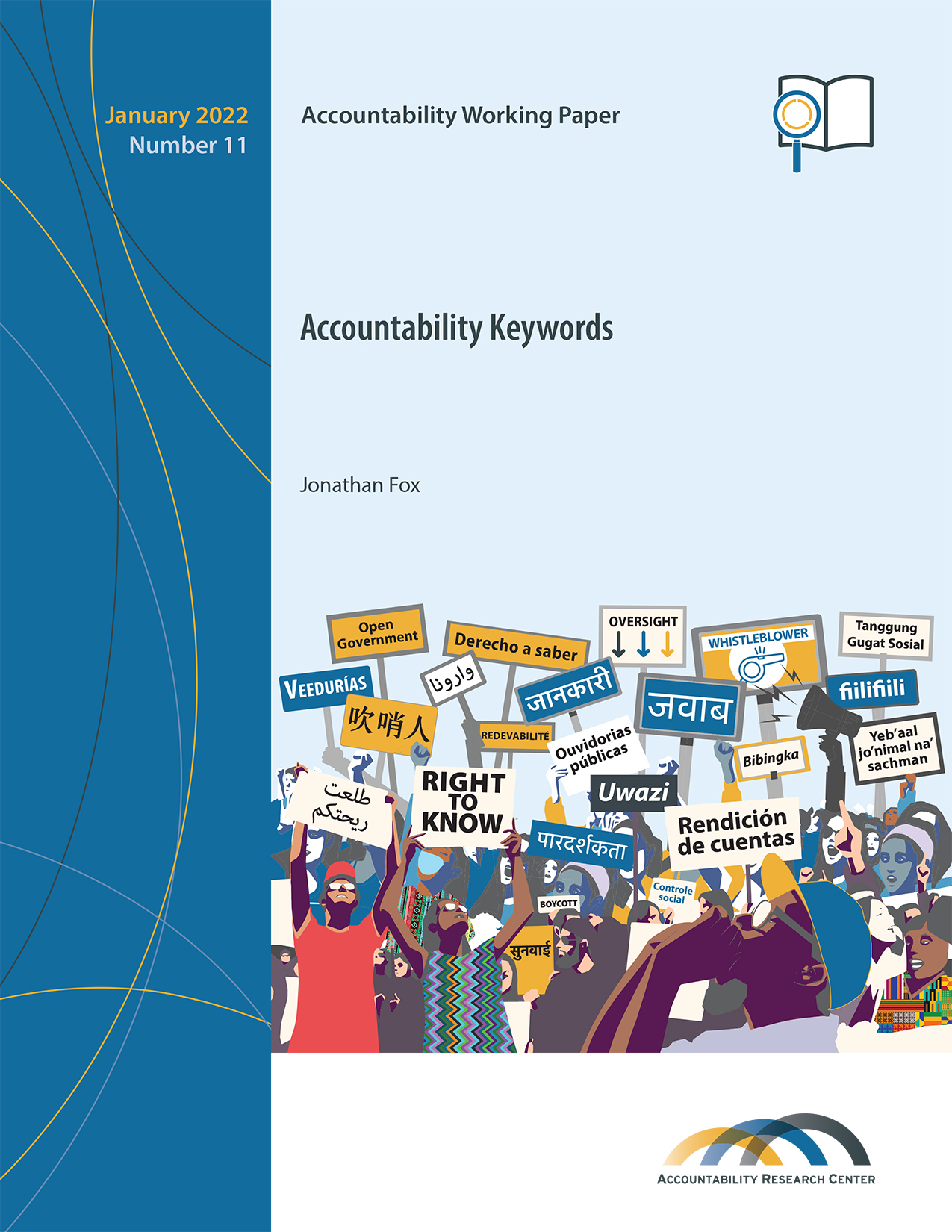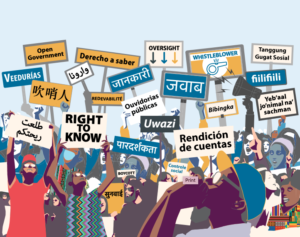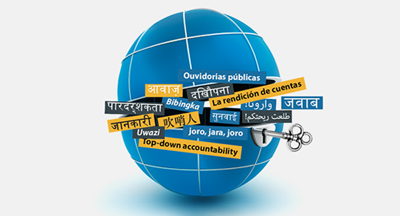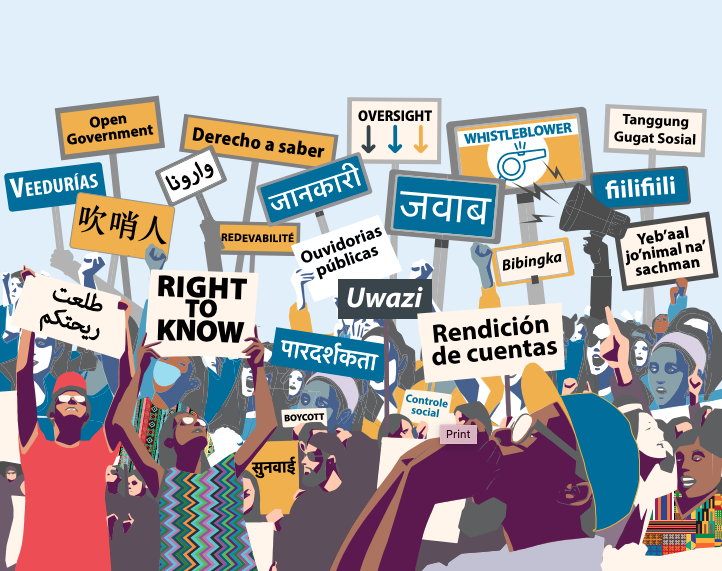
Accountability Keywords
Date: January 2022
Author(s): Jonathan Fox
Publication type: Working Paper
Published by: Accountability Research Center
Accountability Keywords
‘What counts’ as accountability, and who decides? Accountability is often treated as a magic bullet, an all-purpose solution to a very wide range of problems—from corrupt politicians or the quality of public service provision to persistent injustice and impunity. The concept has become shorthand to refer to diverse efforts to address problems with the exercise of power.
In practice, the accountability idea is malleable, ambiguous — and contested. This working paper unpacks diverse understandings of accountability ideas, using the ‘keywords’ approach. This tradition takes everyday big ideas whose meanings are often taken for granted and makes their subtexts explicit.
The proposition here is that ambiguous or contested language can either constrain or enable possible strategies for promoting accountability. After all, different potential coalition partners may use the same term with different meanings—or may use different terms to communicate the same idea. Indeed, the concept’s fundamental ambiguity is a major reason why it can be difficult to communicate ideas about accountability across disciplines, cultures, and languages.
The goal here is to inform efforts to find common ground between diverse potential constituencies for accountable governance.
This analysis is informed by dialogue with advocates and reformers from many countries and sectors, many of whom share their ideas in blogposts on the Accountability Keywords website (see also #AccountabilityKeyword on social media). Both the working paper and blogposts reflect on accountability-related words and sayings that resonate with popular cultures, to get a better handle on what sticks.
The format of the working paper is nonlinear, designed so that readers can go right to the keywords that spark their interest:
- The introduction maps the landscape of accountability keywords.
- Section 2 addresses what counts as accountability?
- Section 3 identifies big concepts that overlap with accountability but are not synonyms- such as good governance, democracy, responsiveness and responsibility.
- Section 4 shows the relevance of accountability adjectives by spelling out different ways in which the idea is understood.
- Section 5 unpacks widely used, emblematic keywords in the field.
- Section 6 considers more specialized keywords, focusing on examples that serve as shorthand for big ideas within specific communities of practice.
- Section 7 brings together a range of widely-used accountability sayings, from the ancient to the recently-invented—illustrating the enduring and diverse nature of accountability claims.
- Section 8 makes a series of propositions for discussion.

Please share feedback either on social media @AcctResearchCtr or directly via email at @fox@american.edu.


